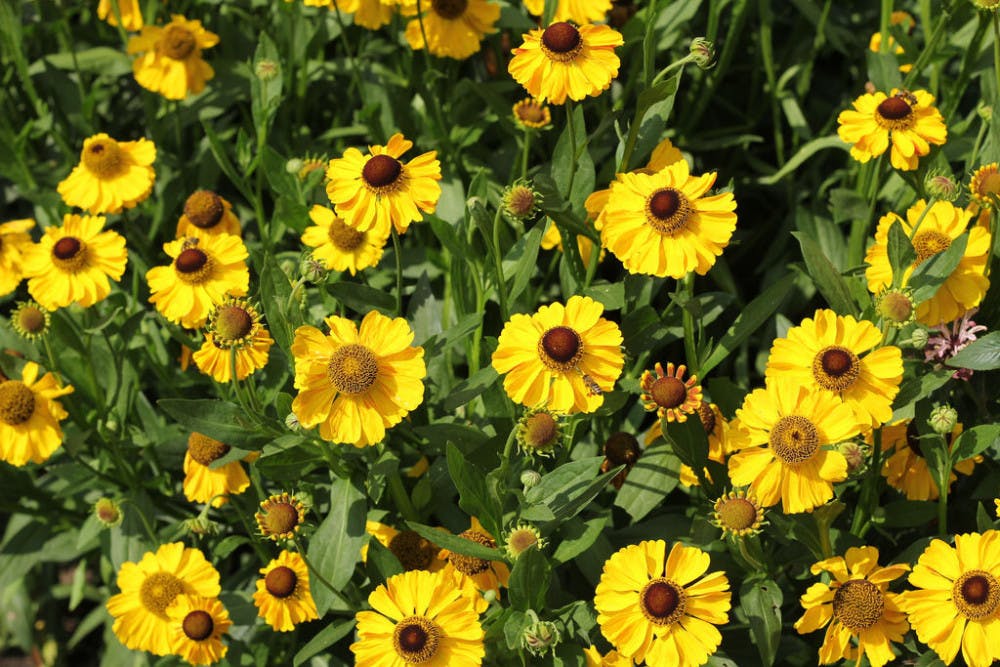Plants and experiment supplies from UF’s Space Plants Lab were launched in a SpaceX spacecraft from the Cape Canaveral Friday morning.
About 4,800 pounds of plants, research equipment and supplies, are scheduled to reach the International Space Station on Sunday, according to NASA’s website.
Experiments designed by two UF researchers in the Institute of Food and Agricultural Sciences, Anna-Lisa Paul and Robert Ferl, will be carried out on the ISS to study the effects of spaceflight on a plant species called arabidopsis, a plant in the mustard family, Paul said.
Past experiments revealed a plant’s ability to restructure its own genes in order to survive, she said.
“Overall, what our interest is is how do plants adapt or adjust their metabolic processes to a novel environment like space flight,” Paul said. “What we hope to find is clues to some of the molecular tools that they use as they adjust.”
The first experiment consists of 36 petri dishes each containing 30 arabidopsis seeds that are encapsulated in a BRIC-LED, a biological research system used to contain small organisms, like seedlings, during space flight, Paul said.
The second experiment, which first flew in April of 2014, called Characterizing Arabidopsis Root Attractions, is meant to observe how plants respond to an extraterrestrial environment on a molecular level, according to a Space Plants Lab experiment summary.
In the first flight of the CARA experiment, researchers found plants changed their cells to adapt from using light instead of gravity to developing a root system, Paul said.
Juan Gonzalez, a UF plant molecular and cellular biology graduate student, said he looks forward to zero-gravity plant architectures and believes space station experiments are the first step to colonizing the moon or Mars.
“This moment in space plant biology is exciting because the last 10 years have significantly improved technology to understand cell biology at various levels,” the 23-year-old said. “This allows researchers to ask new questions that were not possible before.”
Earthly organisms did not evolve for life in space, so in order to be confident in how to grow food in extraterrestrial greenhouses, humans must understand how plants respond to zero-gravity environments, Paul said. The knowledge gained from the space plants experiments can be applied to growing food on Mars as humans aim to voyage to other planets.
“Everybody really likes to talk about the changes that can be happening in the future (and) what will it take to take us off our planet,” Paul said. “Because basically humans are explorers, and space is what next for us.”
Contact Amanda Rosa at arosa@alligator.org. Follow her on Twitter @amandanicrosa.






